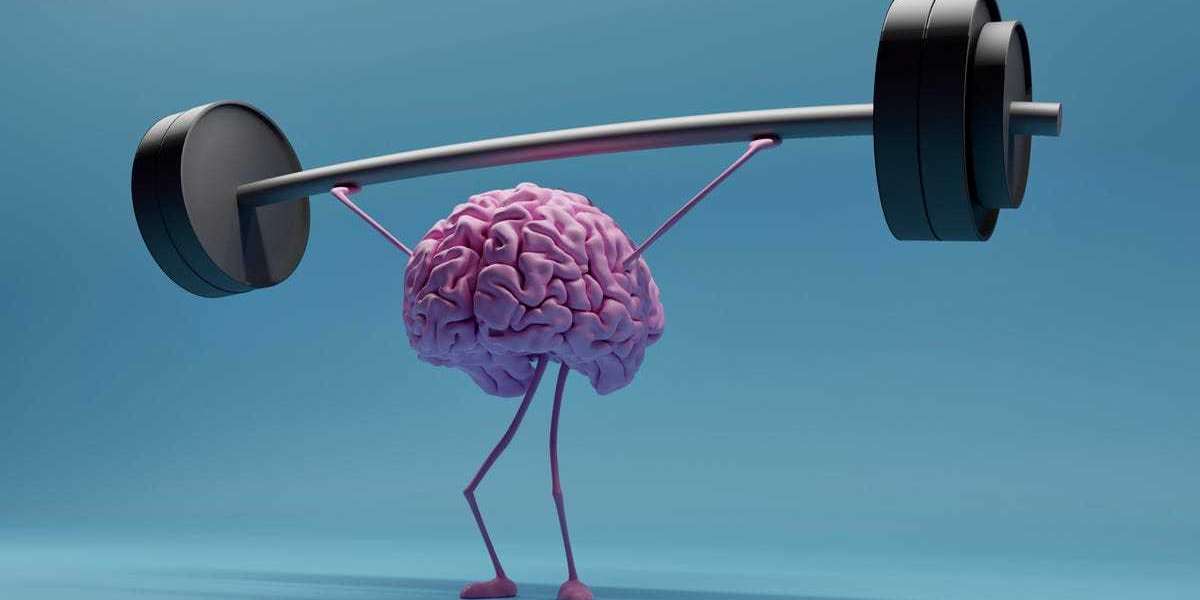Mental health disorders are illnesses that affect an individual's behavior, thoughts, and feelings. They are a common health problem that affects millions of people worldwide, and they can significantly impact a person's quality of life, making it difficult to function and lead a normal life. Mental health disorders range from anxiety, depression, and bipolar disorder to schizophrenia and obsessive-compulsive disorder, among others. Fortunately, there are various treatments available to manage these conditions, and seeking help can significantly improve an individual's quality of life.
There are several types of mental health disorders, and each type can have different symptoms and treatment options. Anxiety disorders, for example, are characterized by excessive worry, fear, or panic, and can be treated with cognitive-behavioral therapy or medication, depending on the severity of the condition. Depression, on the other hand, is a mood disorder that can cause persistent feelings of sadness and hopelessness. Treatment for depression may involve antidepressant medication, psychotherapy, or a combination of the two.
Bipolar disorder is a mood disorder that is characterized by episodes of mania, hypomania, and depression. It can be treated with mood stabilizers, antipsychotics, or antidepressants, depending on the type and severity of the condition. Schizophrenia, a severe mental illness that can cause delusions, hallucinations, and disordered thinking, can be treated with antipsychotic medication, psychotherapy, and supportive care.
Obsessive-compulsive disorder (OCD) is a type of anxiety disorder that is characterized by persistent, intrusive thoughts and repetitive behaviors or mental acts. It can be treated with cognitive-behavioral therapy, exposure and response prevention, or medication. Other types of mental health disorders include eating disorders, substance use disorders, personality disorders, and post-traumatic stress disorder (PTSD), among others.
Treatment options for mental health disorders vary depending on the type and severity of the condition. Some of the most common treatments include psychotherapy, medication, and self-help strategies.
Psychotherapy, also known as talk therapy, involves working with a mental health professional to explore and address the underlying causes of mental health issues. Different types of psychotherapy include cognitive-behavioral therapy, interpersonal therapy, and psychodynamic therapy, among others.
Medication can be used to manage the symptoms of mental health disorders. Antidepressants, antipsychotics, mood stabilizers, and anti-anxiety medications are some of the most common medications used to treat mental health conditions. These medications are prescribed by a mental health professional and must be taken as directed to be effective.
Self-help strategies can also be used to manage mental health disorders. These strategies include exercise, healthy eating, stress management, and relaxation techniques. Self-help strategies can be used in combination with medication and psychotherapy to help manage symptoms and improve overall mental health.
It is essential to seek help for mental health disorders, as they can significantly impact an individual's quality of life. Mental health disorders can affect relationships, work performance, and overall well-being. Seeking help from a mental health professional can improve the chances of recovery and help individuals manage their symptoms effectively.
The decision to seek help for mental health disorders can be challenging. However, it is essential to remember that seeking help is a sign of strength, and treatment can significantly improve an individual's quality of life. Mental health disorders can be treated, and recovery is possible.
In conclusion, mental health disorders are a common health problem that affects millions of people worldwide. There are several types of mental health disorders, and each type can have different symptoms and treatment options. Treatment options include psychotherapy, medication, and self-help strategies, and seeking help from a mental health professional can significantly improve an individual's quality of life.







